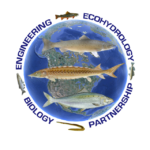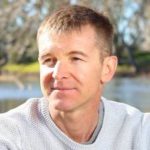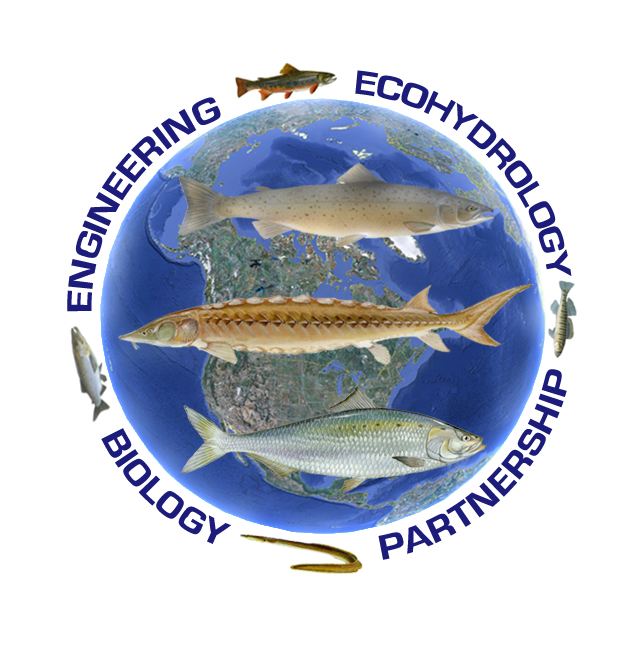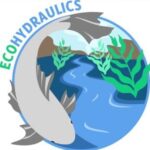Fish Passage Conference
Dating back to 2011, the annual Fish Passage Conference has brought together experts, managers, stakeholders and companies from around the world with concurrent sessions in engineering, biology, and management and social issues. Target audiences are: engineers, ecologists, biologists, managers, practitioners, NGOs, private companies, consultants, students and policy and decision makers. This event aims at increasing research and professional networking and is an excellent opportunity to connect future partners.

2024 Host
The joint International Symposia on Ecohydraulics (ISE) – Fish Passage 2024 conference will be held in Québec City, Canada.
Hosts change every year. The conference series is overseen by a Steering Committee, members of which belong to the American Fisheries Society Bioengineering Section / American Society of Civil Engineers Environmental and Water Resources Institute Joint Committee on Fisheries Engineering and Science. If you are interested in hosting a future event, please reach out to the Steering Committee.
Past Conferences
- Fish Passage 2022 – Washington, United States
- Fish Passage 2021 – Virtual
- Fish Passage 2020 – Lisbon, Portugal – Cancelled due to COVID-19
- Fish Passage 2018 – Albury, Australia
- Fish Passage 2017 – Oregon, United States
- Fish Passage 2016 – Massachusetts, United States
- Fish Passage 2015 – Groningen, Netherlands
- Fish Passage 2014 – Wisconsin, United States
- Fish Passage 2013 – Oregon, United States
- Fish Passage 2012 – Massachusetts, United States
- Fish Passage 2011 – Massachusetts, United States
Many of the presentations from these conferences can be searched and downloaded from the Fish Passage Reference Database. For the video recordings from the virtual Fish Passage 2021 event, please click here.
Meet the StEERING COMMITTEE
 Lee is a Professor and Research Scientist for the Institute for Land, Water, and Society at Charles Sturt University in Australia. He has lived and breathed fish passage research for over 20 years and has worked in government, universities and private industry. His research has been in several broad areas, including fish passage and fish migration, dietary interactions among native fish species, the impact of human disturbance on aquatic ecosystems and, more recently, mitigating hydropower impacts on tropical rivers in South East Asia. Lee’s work has also focused on developing innovative methods for assessment and improving existing fish collection techniques. Much of his work is applied and has fed back into adaptive management strategies, including the development of state and national policy related to fish passage in Australia and South East Asia. Lee presently manages over $10M in research projects and has active global collaborations on fish passage.
Lee is a Professor and Research Scientist for the Institute for Land, Water, and Society at Charles Sturt University in Australia. He has lived and breathed fish passage research for over 20 years and has worked in government, universities and private industry. His research has been in several broad areas, including fish passage and fish migration, dietary interactions among native fish species, the impact of human disturbance on aquatic ecosystems and, more recently, mitigating hydropower impacts on tropical rivers in South East Asia. Lee’s work has also focused on developing innovative methods for assessment and improving existing fish collection techniques. Much of his work is applied and has fed back into adaptive management strategies, including the development of state and national policy related to fish passage in Australia and South East Asia. Lee presently manages over $10M in research projects and has active global collaborations on fish passage.

